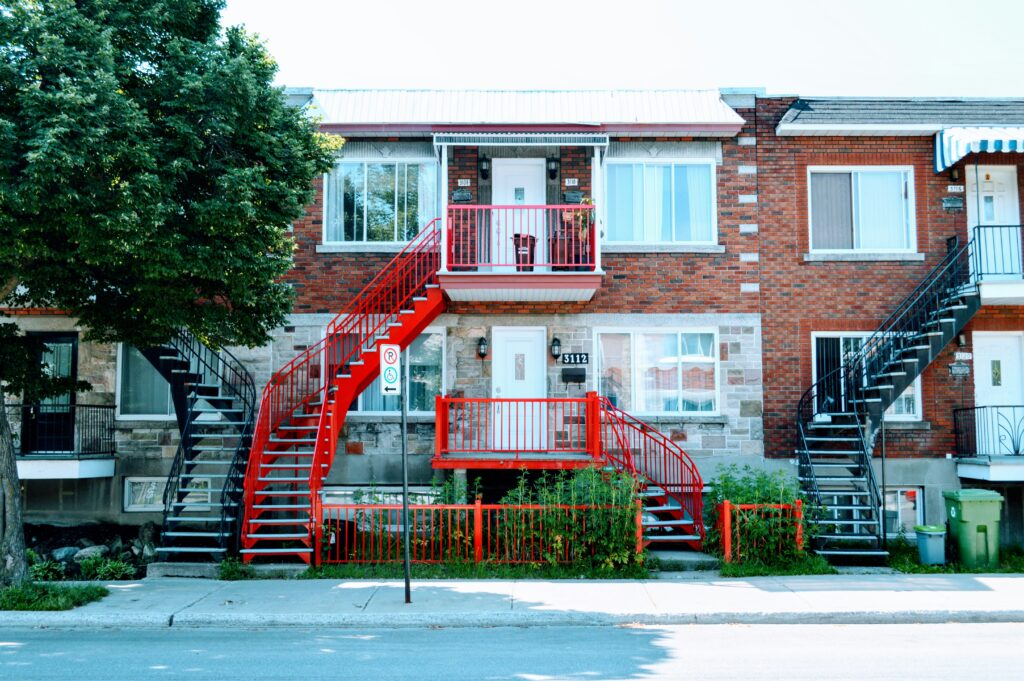
Can You Avoid Conveyancing Fees When Selling a House?
If you intend to sell your home, you’ve probably already budgeted for a number of expenses, such as estate agent commissions, energy performance certificates, removal services, and, of course, conveyancing fees. While some of these costs are predictable, others, such as legal fees, frequently leave sellers wondering if they can be avoided entirely.
So, can you avoid conveyancing fees when selling a house? Technically, yes, but with restrictions, potential risks, and a lot of fine print. In this article, we’ll look at what conveyancing fees cover, how much you can expect to pay in 2025, and how to legitimately reduce (or eliminate) conveyancing fees when selling in the UK.
What are conveyancing fees?
Conveyancing is the legal process of transferring ownership of a property from one person to another. When selling your home, you’ll need a solicitor or licensed conveyancer to handle the legal paperwork, communicate with the buyer’s solicitor, manage the contract, ensure all financial matters are in order, and close the transaction.
Conveyancing fees are divided into two types:
- Legal fees: These are the solicitor’s or conveyancer’s charges for carrying out the work.
- Disbursements: These are third-party expenses incurred on your behalf, such as Land Registry documents, bank transfer fees, and anti-money laundering checks.
According to Zoopla, the average conveyancing fees for selling a freehold property in 2025 range between £610 and £950, whereas leasehold properties typically attract higher fees due to the additional paperwork and communication with freeholders or managing agents.
Why do conveyancing fees matter when selling?
Unlike buyers, who must pay stamp duty and mortgage arrangement fees, people are frequently surprised by how quickly the conveyancing fees for selling only can accumulate. When budgeting for a home sale, it is one of the most overlooked but unavoidable expenses.
These fees are necessary for legal protection. A good conveyancer ensures that the sale contract is legally sound, that any disputes or boundary issues are resolved, and that the transaction runs smoothly and without delays or legal hiccups.
That being said, many homeowners wonder if there is any way to avoid or reduce conveyancing fees when selling.
Can you avoid conveyancing fees entirely?
The answer is yes, but with significant risks.
DIY conveyancing
In England and Wales, there is no legal requirement to use a solicitor or conveyancer when selling your home. You could, in theory, handle the paperwork yourself. However, this option is only recommended if you have extensive knowledge of property law.
Furthermore, most buyers, particularly those using a mortgage, will refuse to proceed with a sale unless a qualified professional is present on both ends. Lenders and buyers want assurances of due diligence and legal compliance.
In short, while DIY conveyancing may save you money, it can slow down the process, introduce legal risks, and deter potential buyers.
5 ways to reduce or offset conveyancing costs
If avoiding fees entirely isn’t an option, let’s look at how you can reduce them or have them covered for you.
1. Shop around for competitive conveyancing quotes
One of the most basic ways to save money on conveyancing is to compare quotes from different firms. Online conveyancing services are becoming increasingly popular and frequently less expensive than traditional high-street solicitors.
To obtain quotes, go to comparison websites or call several licensed conveyancers directly. Make sure the quote is transparent and includes all legal fees and disbursements.
Be wary of companies that advertise unusually low rates; they frequently exclude VAT or conceal fees in the fine print.
2. Choose ‘no sale, no fee’ conveyancing
Conveyancing can be particularly frustrating if a buyer cancels at the last minute. Some conveyancers offer a ‘no sale, no fee’ option, which means you only pay if the transaction is completed.
This is especially helpful in a volatile market with high fall-through rates. However, keep in mind that not all third-party disbursements are covered; even if the sale falls through, you may still be responsible for paying for items such as title documents or identity checks.
3. Use a cash house buying company
If speed and convenience are important to you, consider selling your home to a cash house buyer.
These companies guarantee a quick sale and frequently pay your legal fees as part of the deal. While you may sell for less than full market value, the time and money saved, including conveyancing, can make this a worthwhile option for those looking to avoid inconvenience and expense.
4. Sell via property auctions
Property auctions are another possible way to avoid conveyancing fees. In many cases, the buyer pays or shares legal fees. Auction sales are also typically quicker because the buyer is legally obligated to complete once the hammer falls.
Be aware that not all auctions provide legal fee savings, and check the auctioneer’s terms carefully, including any commission or entry fees.
5. Use a hybrid or online estate agent with bundled legal services
Some hybrid estate agents, such as Purplebricks or Yopa, provide bundled packages that include conveyancing. This can result in savings over purchasing the services separately. However, always check who the conveyancing firm is, whether you can opt out, and whether you must pay upfront.
What disbursements can you expect as a seller?
Even if your legal fees are waived or covered, certain disbursements may still apply. These usually include:
- Land Registry Office copies that cost approximately £7 to £12
- Bank transfer fees ranging from around £20 to £45
- ID checks and Anti-Money Laundering (AML) that cost approximately £6 to £20 per person
- Leasehold Information Pack (if applicable): A £150 to £500 fee charged by the managing agent.
Discuss all likely disbursements with your conveyancer ahead of time to avoid being surprised by hidden fees.
What’s the best way to save/?
Selling a house incurs unavoidable costs, but legal fees do not have to be a drain on your finances. While completely avoiding conveyancing costs is uncommon, there are several ways to significantly reduce or eliminate them.
- Use a cash buyer or auction house that pays legal fees
- Compare quotes from several conveyancers.
- Choose “no sale, no fee” agreements
- Avoid hidden disbursements with transparent quotes
The best route is determined by your specific circumstances, such as whether you value speed, price, control, or convenience.
At Sell House Fast, we pride ourselves on offering homeowners a fast, hassle-free sale with no legal fees to pay. We buy any house or property for cash, and we can often complete in just a matter of days.
Interested in how to sell your house fast, bypass the stress of the open market and save money in the process? Get in touch for a free, no-obligation cash offer today.


